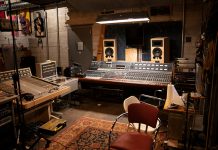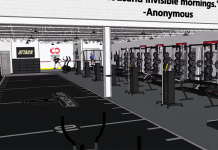In his seminal work, “The Rise of the Creative Class,” Richard Florida, an urban theorist, puts forth the proposition that there is a new class of people rising up in our cities and suburbs. The traditional socio-economic motivators like property ownership, material accumulation, and the pursuit of wealth do not drive these people. This new socio-economic class of people is driven by their desire to be creative.
Florida’s thesis is controversial, as many detractors point out the elitist nature of this new class concept.
All things considered, I agree with some of what he says. I think Florida has hit upon something powerful by identifying a set of people that are moving beyond traditional values into an exciting, new way of seeing the world, both personally and professionally. I would say that this new “Creative Class” is more about a cultural transformation in the way in which we work and live. It is less about economics — we all have an open invitation to enter this “Creative Class.”
What struck me most about Florida’s ideas is that he acknowledged that the “Creative Class” does not measure success and value through the acquisition of material goods and capital. The value resides in individual intellectual capital and an ability to exercise creativity.
This concept has a huge impact on all of us as we emerge from the economic slowdown. Many of us have been forced to rethink our role in the workforce. The drivers that spurred us on before the great collapse are gone. A lot of us have been forced to reassess our values, downsize our lives, and determine what is really important to us. This simplifying process that we have all been going through has become a seed bed for creativity. Now that the old ways of doing things have disappeared, we have the opportunity to be more proactive, innovative, and take on more risk.
These factors tell me that this “Creative Class” is not a class at all. It is a movement that crosses all lines of society, culture, and economics. What was once a concept for the elite few has now become a transformational power within our workforce, driven by survival and our need to change and grow.
Richard Florida describes the “Creative Class” in the following way: “What they look for in communities are abundant, high-quality experiences, an openness to diversity of all kinds and, above all else, the opportunity to validate their identities as creative people.”
All too quickly, this new “class” is rapidly moving from being an elective course in our life curriculum to being a required course, where we aspire to a better quality of life. The biggest challenge now is in embracing the creative potential within us all, leveraging each other’s strengths toward a common, cultural good.












